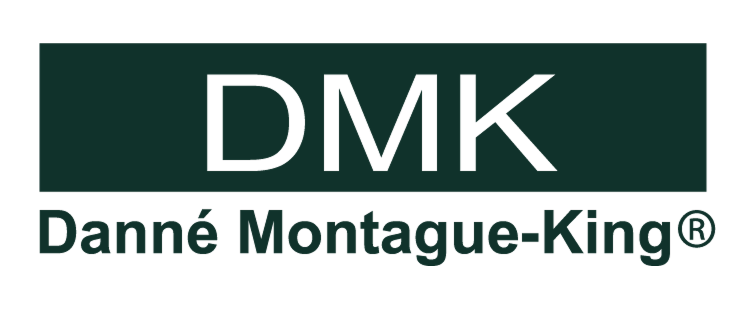The link between skincare and mental wellness
- Daria Gapska
- May 30, 2025
- 3 min read

As Mental Health Awareness Month comes to a close, it’s worth considering the ways stress affects more than just your mind. At DMK NI, we see the impact of stress on the skin every day. Just as often, we see the difference a well-supported skin function can make in how people feel.
Our approach is grounded in paramedical skincare, developed by Danne Montague-King and built around one guiding principle: work with the skin, not against it. When stress throws the body off balance, the skin often reveals it first.
The stress response and what it does to your skin
When we talk about the link between skin and mental health, we’re not being metaphorical. The skin is directly connected to the body’s central stress-response system, the hypothalamic-pituitary-adrenal (HPA) axis. When you’re under prolonged stress, cortisol floods the body, impacting:
Sebum production, which can worsen acne
Barrier function, leading to dehydration and sensitivity
Inflammatory responses, which flare conditions like eczema and rosacea
Wound healing, slowing recovery after breakouts or treatments
Research in Psychoneuroendocrinology and the Journal of Investigative Dermatology confirms what skin therapists see anecdotally: stress impairs skin function at a cellular level.
DMK’s treatments
At DMK NI, we restore balance. Our clinic protocols focus on retraining the skin to function as it was designed to, using DMK’s unique method of enzyme therapy, skin revision and botanical-based biochemistry.
Enzyme Therapy works by stimulating the skin’s internal systems. Oxygenation, lymph drainage, and circulation support detoxification and immune response.
Beta Gel, rich in beta-glucan, supports skin immunity and accelerates healing. Particularly useful in stress-induced flare-ups.
Revitosin uses a blend of vitamin A derivatives to regulate cell turnover and repair function, which cortisol often slows.
The Enbioment range protects the skin’s microbiome, which plays a key role in both skin and mental health through the gut-brain-skin axis.
A consistent skincare routine offers more than physical results. It becomes a daily act of self-stabilisation. Neuroscience shows that structured rituals, especially those involving touch and sensory feedback, can reduce cortisol and improve emotional regulation.
So, while cleansing and applying serums may seem simple, the act of showing up for yourself, especially when stress makes everything harder, has psychological weight.
Outside the treatment room
While we focus on the skin, we always remind clients: true skin health is holistic. The best results come when internal and external factors are addressed together. That includes:
Skin needs water to maintain turgor and barrier function. Even mild dehydration can elevate cortisol.
Regular aerobic exercise (20–30 minutes a day) improves circulation and modulates inflammation, both key to skin repair.
Cortisol levels drop during restorative sleep. Sleep is also when your skin’s repair processes peak. Aim for 7–9 hours.
Blue light exposure can worsen pigmentation and disrupt sleep. Switch off earlier and give your skin (and mind) time to reset.
A responsible note on mental health
We know that skincare is only one piece of the puzzle. If you're experiencing prolonged stress, low mood, or anxiety, speak to someone.
Skin reflects what’s going on beneath the surface, both biologically and emotionally. At DMK NI, our goal is to bring skin back to balance, not only to help it look better, but to help you feel better.
Healthy skin is functioning skin. Functioning skin supports confidence. Confidence supports resilience. And resilience, in the long run, supports wellness.
Let’s keep that energy going, far beyond May.
The DMK NI Team
Sources
Arck, P.C., Slominski, A., Theoharides, T.C., Peters, E.M., & Paus, R. (2006). Neuroimmunology of stress: skin takes center stage. J Invest Dermatol, 126(8), 1697–1704.
Dhabhar, F.S. (2014). Effects of stress on immune function: the good, the bad, and the beautiful. Immunologic Research, 58(2–3), 193–210.
Salem, I., Ramser, A., Isham, N., & Ghannoum, M.A. (2018). The Gut Microbiome as a Major Regulator of the Gut-Skin Axis. Frontiers in Microbiology, 9, 1459.
Vritcka, L.J., & Vrticka, P. (2022). The Neuroscience of Ritual. Frontiers in Behavioral Neuroscience.
Monteiro Rodrigues, L., et al. (2019). Influence of physical activity on skin physiology: A review. Skin Pharmacology and Physiology, 32(5), 219–227.




Comments